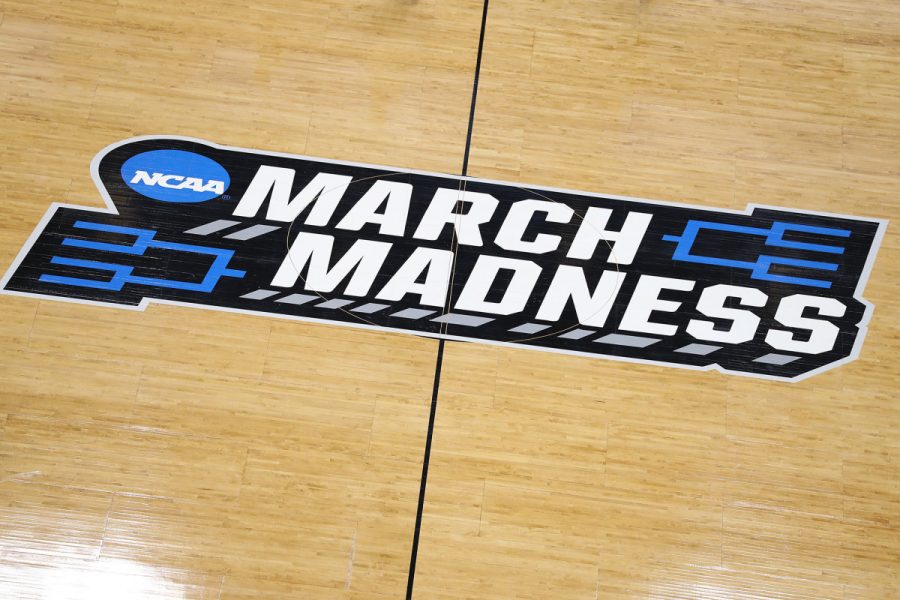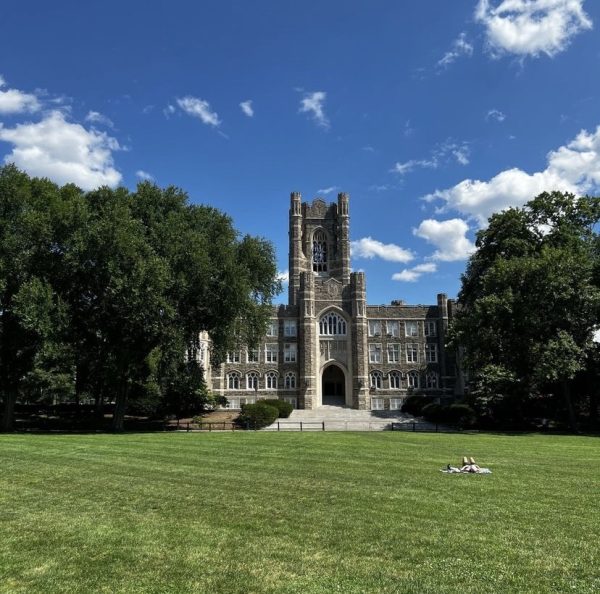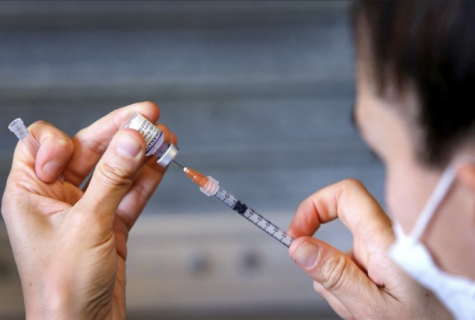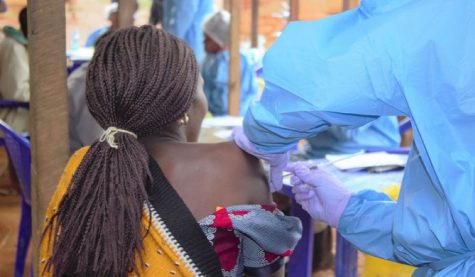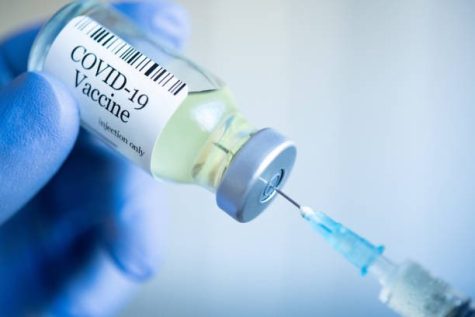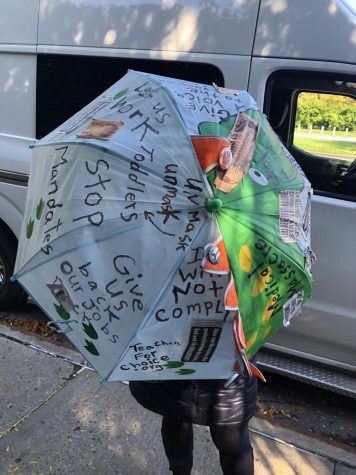COVID-19 Thwarts March Madness…Again
After being canceled last year due to COVID-19, the beloved NCAA March Madness Tournament is back on. However, this is not to say that it is without complications.
In order for March Madness to run smoothly, it is crucial for the NCAA to implement a strict quarantine policy, one that limits the outside world’s contact with players, coaches and others. To prevent any involved member of a March Madness team from contracting COVID-19, quarantine arrangements should have been implemented sooner than they were. Starting at the beginning of the season, it would have been ideal for extensive travel to have been limited to prevent unnecessary exposure. Take, for example, the MLB. For their 2020 season, each team played 10 games against their four divisional opponents, with the remaining 20 games being left for the opposite league’s corresponding geographical division. In doing so, they were able to reduce team travel and the likelihood of players, coaches and staff contracting COVID-19.
However, in the last week, the University of Kansas (Big Twelve), Duke and the University of Virginia (ACC) have all been forced to cancel their games due to team members’ positive COVID-19 tests. While Kansas and Virginia still hope to be able to compete in the March Madness tournament, Duke’s season has come to an abrupt end.
Duke’s athletic director, Kevin White, said to Forbes, “Since last March when the pandemic started, we have listened to our medical experts and always put safety at the forefront of any determinations regarding competition.” Unfortunately, they are one of the many teams who have had to cut their season short, much to the dismay of the seniors.
Duke is likely not the only team who will be forced to forfeit their earned spot in the tournament due to COVID-19. With hotel stays, cross-country travel and exposure to other teams throughout the course of conference games, it is inevitable that more players will test positive for the coronavirus.
In the event that other teams are also forced to call off their seasons, the NCAA has four teams on standby, the “First Four Out.” These teams are Ole Miss, Saint Louis, Boise State and Seton Hall, which will be called in to play if any current contenders are knocked out by COVID-19.
The protocols in place for testing and quarantine pre-March Madness were strict, but they weren’t quite enough to prevent all teams from having positive test results. Beginning March 6, the NCAA required all individuals in each team’s travel party to test negative seven consecutive days prior to their arrival in Indianapolis, Indiana. As of now, in order for teams to participate in the tournament, they must be able to place five healthy players on the court.
Unfortunately, implementing these measures is much easier said than done. Due to unexpected circumstances, many professional and collegiate teams nationwide have had significant interruptions to their schedules.
With March Madness underway regardless of these challenges, it is likely that athletes and fans of lesser-known teams will feel forgotten. For example, take the Fordham University women’s basketball team. In mid-February, in response to having 100 active COVID-19 cases on campus, Fordham’s administration implemented a two-week pause on all in-person instruction and activities. Unfortunately, that pause included a suspension of sporting events. The women’s basketball team contested the pause of their season with an online petition. They, among many other NCAA teams, lost the chance to compete in conference tournaments due to the suspension of in-person activities.
Where do we draw the line? If other tournaments are allowed to occur despite occasional positive tests (i.e., March Madness is still going on), does it make sense for lesser-known teams to be able to participate, as well?
At the end of the day, COVID-19 precautions are necessary, and in cases such as these, they have to be extensive. For any team to be able to participate, it only makes sense for their players, coaches and staff to have been consistently testing negative for the past two weeks, if not longer. As of now, though, March Madness is still on. Fill out those brackets!
Mia Pollack, FCRH ’23, is a psychology and journalism major from Fairfield, Conn.



































































































































































































